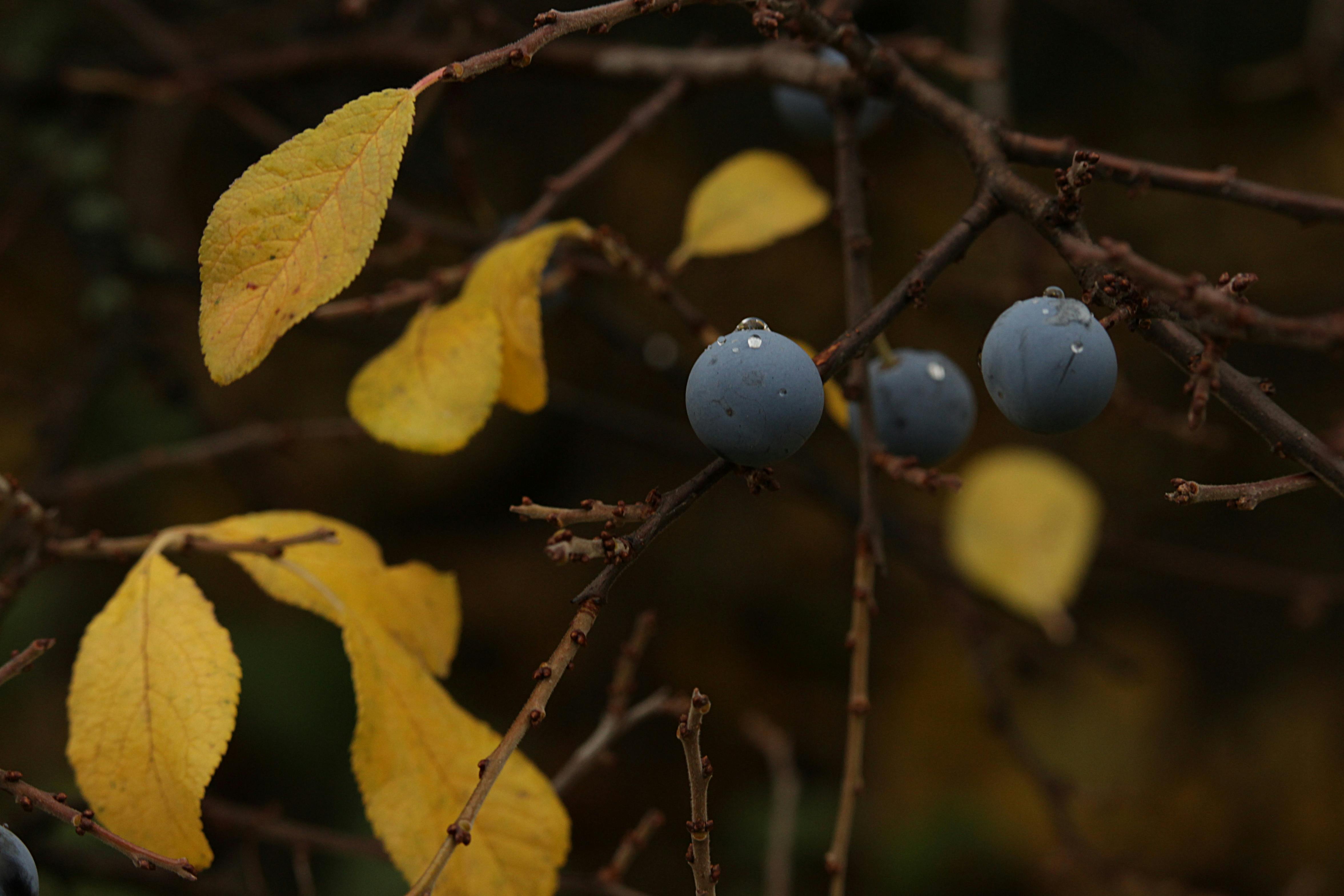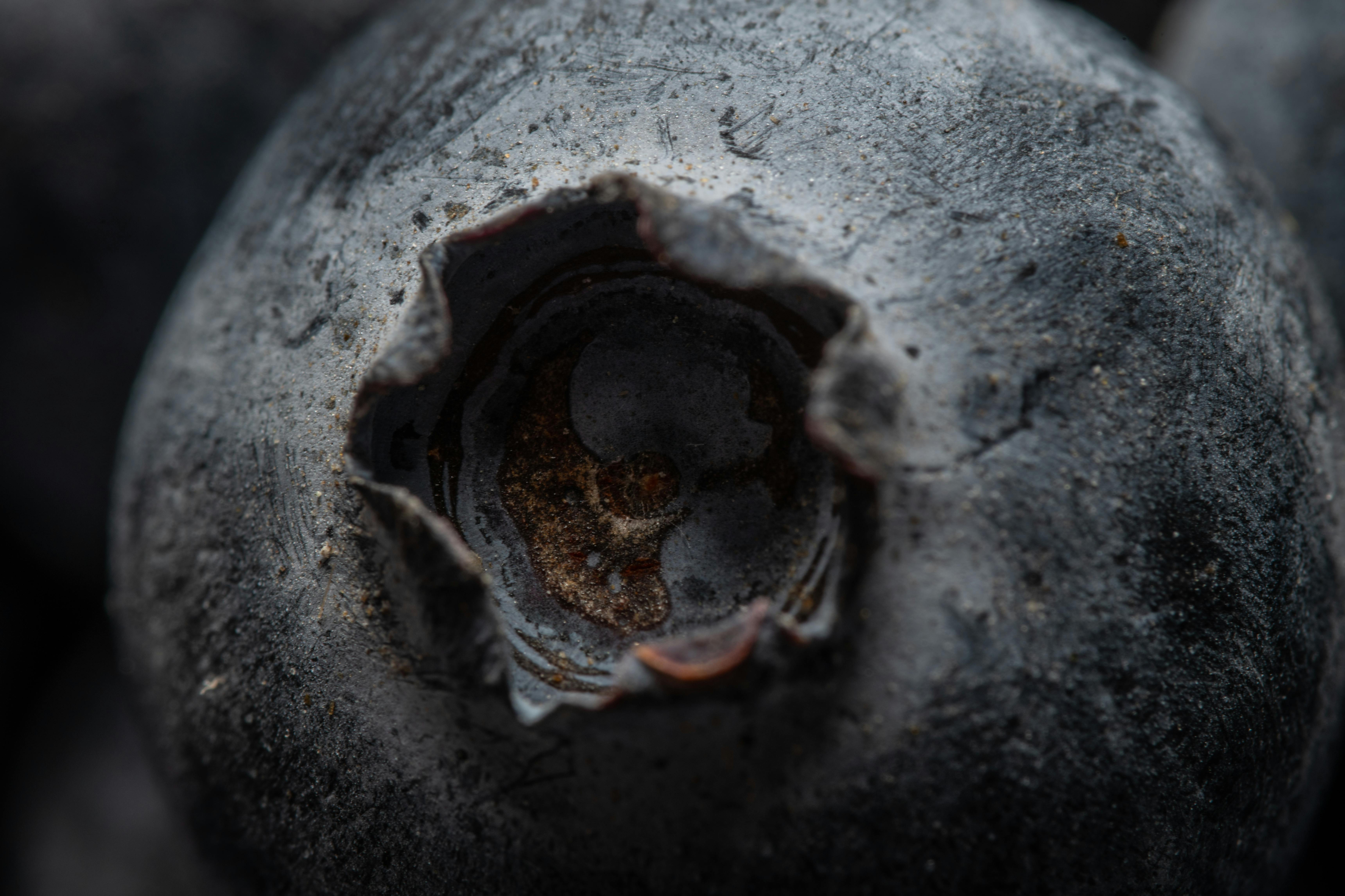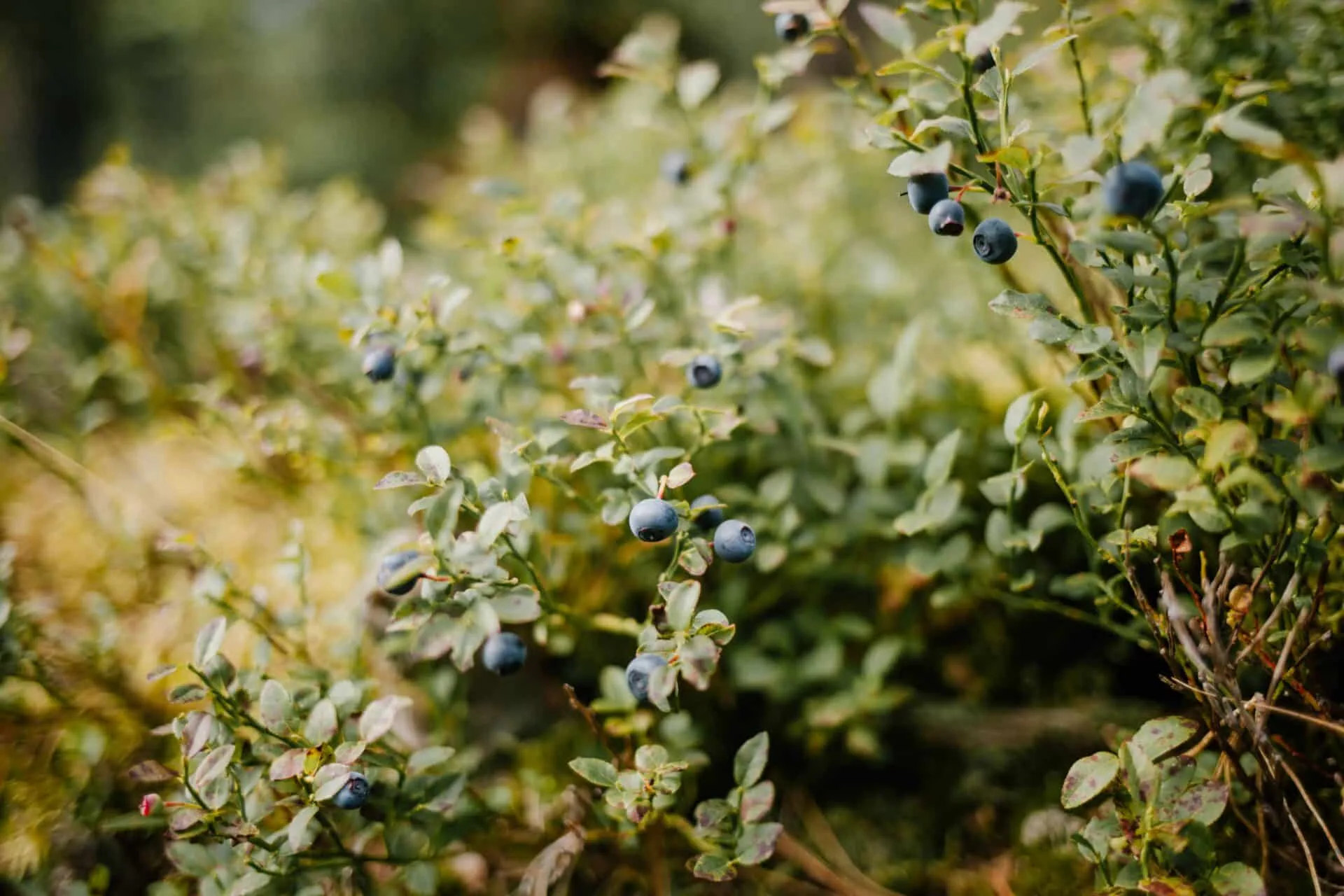Planting blueberry bushes in Georgia is an excellent way to enjoy the sweet, juicy fruit of home-grown berries. The key to success with growing blueberries in Georgia is to know when the best time to plant them is. Blueberries need to experience a period of dormancy in order for them to bear fruit, so understanding the climate and growing conditions of Georgia will help you determine when you should plant your blueberry bushes.The best time to plant blueberry bushes in Georgia is in late winter or early spring, when the ground is not frozen and temperatures are between 40-60°F. Planting at this time will give the blueberry bushes the longest possible growing season.
When Should Blueberry Bushes Be Planted In Georgia?
Planting blueberry bushes in Georgia is best done in the late winter or early spring. This gives the plants plenty of time to become established before the hot summer weather arrives. Planting in late winter or early spring also helps ensure that the plants will have a good supply of water and nutrients, which are critical for their health and growth. The ideal planting time for blueberry bushes in Georgia is between February and April, depending on your location and climate.
Blueberries need full sun for at least six hours each day, as well as moist, well-drained soil with a pH between 4.5 and 5.5. To ensure your new blueberry plants get off to a good start, choose a sunny spot with good drainage and test the soil pH to make sure it is within range before planting. Adding compost or other organic matter such as peat moss to the soil can help improve drainage and provide additional nutrients for healthy growth and abundant fruit production.
Once you’ve chosen a site, dig individual planting holes that are slightly deeper but twice as wide as the root ball of each bush. Place an inch or two of organic matter such as compost into each hole before setting the plant in place and backfilling with soil around the root ball. Water thoroughly after planting to help settle in small air pockets that may have formed during planting.
It’s important to mulch around newly planted blueberry bushes with several inches of organic material such as shredded bark or straw once they’re planted to help conserve moisture and keep weeds from competing with your new plants for essential nutrients. With proper care, you can look forward to harvesting juicy blueberries from your own backyard!
When Is The Ideal Time To Plant Blueberry Bushes In Georgia?
The ideal time to plant blueberry bushes in Georgia is typically between late November and late March. Planting blueberries during this time period ensures that the bushes will have plenty of time to become established and establish their root systems before the onset of summer heat. Blueberry bushes require full sun and well-drained soils to thrive, so it’s important to choose a location where these conditions are present. When planting, make sure that the bushes are spaced at least six feet apart, as they will need room to spread and grow. Additionally, it is important to add an organic mulch around the base of the bush for insulation, moisture retention, and weed control.
Once planted, blueberry bushes should be regularly watered, especially during dry spells. During their first year in the ground, it is important to monitor water levels closely as new plants need more frequent watering than established ones. Once established, regular fertilizing with a balanced fertilizer can help ensure healthy growth and abundant harvests. Generally speaking, blueberry bushes should be pruned each winter to remove dead or diseased branches and encourage new growth in the springtime. With proper care and maintenance, blueberry bushes can produce fresh fruit for many years!
Planting Blueberry Bushes in Georgia
Blueberry bushes are a popular addition to any garden, but they require a bit of extra care in order to thrive. Planting blueberry bushes in Georgia should be done during the winter months, when the temperatures are cooler and there is less chance of frost. It’s important to make sure that the soil is well-drained and that the area receives at least 6 hours of direct sunlight each day.
Before planting blueberry bushes, it’s important to prepare the soil properly. Adding compost or manure to the soil will help provide essential nutrients for the bush to grow. The soil should be amended with a fertilizer that has an acidic balance, such as one that is formulated for azaleas or rhododendrons.
When it comes time to plant, make sure to dig a hole large enough for the roots of the bush and deep enough so that it is slightly higher than the surrounding soil. Place your blueberry bush in the hole and fill with soil, making sure that no air pockets remain. Water deeply after planting and add mulch around the base of the plant to help retain moisture.
Finally, don’t forget to prune your blueberry bushes each year! Pruning helps encourage healthy growth and fruit production by removing dead branches and thinning out crowded areas of foliage. Pruning should be done in early spring before buds begin to form on your bushes. With proper care, your blueberry bushes will provide you with delicious fruit for many years!
Preparing Soil for Planting Blueberry Bushes in Georgia
Planting blueberry bushes in Georgia requires careful preparation of the soil. The soil should be loose and well-draining, with a pH level between 4.0 and 5.5. To achieve this, it is important to incorporate organic material such as peat moss or compost into the soil. This helps to break up any clay soils, creating a looser texture and allowing water to drain more easily. The soil should also be amended with sulfur if it has a pH level above 5.5, as this will help reduce the alkalinity.
The blueberries should also be planted in an area that receives at least six hours of direct sunlight each day. If possible, choose a south or west-facing spot to maximize sun exposure. Additionally, consider planting the bushes at least five feet apart from one another to give them plenty of room to grow and spread out their roots without competing for resources like nutrients and water from the soil.
Once the soil is properly prepared and amended, you can then plant your blueberry bushes. When planting, make sure that the root ball is not too deep in the soil – it should be just below ground level – and that there is enough space around them for air circulation. Once planted, mulch around them with organic material such as wood chips or straw to retain moisture and keep weeds away from the plants’ roots. With proper preparation of your soil, your blueberry bushes will thrive!

Optimal Temperature Range for Planting Blueberry Bushes in Georgia
Blueberry bushes are a great addition to any garden or landscape in Georgia. They are known for their sweet and tart flavor, and they have beautiful pink and white flowers that make them an attractive addition. But before planting blueberry bushes in Georgia, it is important to know the optimal temperature range for them to thrive.
The ideal temperature range for blueberry bushes in Georgia is between 65-75 degrees Fahrenheit (18-24 degrees Celsius). This range of temperatures allows the plant to grow and produce fruit more efficiently. It also helps keep the soil moist and prevents diseases from spreading to other plants. In addition, this temperature range will help protect the blueberries from extreme weather conditions such as frost or heat waves.
Blueberries can survive temperatures outside of this range, but they may not produce as much fruit or be as healthy as those grown in the optimal temperature range. If you live in an area with colder winters, it is best to plant your blueberry bushes near a south-facing wall or fence that will reflect light and heat onto the plants during the colder months. This will provide extra warmth and help ensure a good crop of berries each season.
In general, blueberry bushes should be planted at least two feet apart from one another so that they have plenty of room to spread out and get plenty of sunlight. If you plan on harvesting your berries, make sure you give them plenty of space so that they can produce a good crop each year.
Overall, when planting blueberry bushes in Georgia it is important to consider the optimal temperature range for them to grow best. With proper care and attention, your blueberry bushes should thrive in this ideal temperature range and provide you with delicious fruits every season!
What Type Of Fertilizer Is Best For Planting Blueberry Bushes In Georgia?
When planting blueberry bushes in the state of Georgia, it is important to use the right type of fertilizer. The best fertilizer for blueberries in Georgia is one that is low in nitrogen and high in phosphorus and potassium. This will help promote strong root development, as well as promote healthy fruit production. It is also important to use an organic fertilizer that contains plenty of beneficial microorganisms such as mycorrhizae, which help break down organic matter and provide nutrients for the plant. Additionally, using a slow-release fertilizer can help ensure that the nutrients are released over a longer period of time. This allows for more consistent feeding of the plants and can lead to better yields.
When selecting a fertilizer for planting blueberries in Georgia, it is important to read the label carefully to make sure that all of the necessary nutrients are included. It is also important to follow the instructions on the label regarding how much should be applied and when it should be applied. Applying too much fertilizer can damage or kill the plants, so it’s important to stick with recommended amounts and application times. Additionally, if you are using an organic fertilizer, be sure to reapply it throughout the growing season as needed. By doing this you will ensure that your plants receive all of the nutrients they need to produce healthy fruit.
Water Requirements for Planting Blueberry Bushes in Georgia
Water is essential for optimal growth and production of blueberry bushes in Georgia. Blueberry plants require consistent and abundant moisture to produce healthy, bountiful harvests. Proper watering practices can help to maximize yields and ensure the health of the plant. In Georgia, the recommended water requirements for blueberry bushes depend on soil type, climate, and other environmental factors.
In general, blueberry bushes should be watered regularly throughout the growing season. During the spring, a deep watering at least once per week is necessary during dry weather conditions. This helps to encourage root growth and keep the soil evenly moist. As temperatures rise during the summer months, more frequent watering may be needed in order to keep the soil consistently moist. It is important to monitor soil moisture levels and adjust watering accordingly.
During periods of heavy rain or irrigation, it is important to ensure that runoff does not occur as this can lead to nutrient losses from the soil. Overwatering can cause root rot and other disease issues so it is important to avoid overwatering as well.
At planting time, a good soaking of at least 2-4 inches of water should be applied immediately after planting blueberry bushes in Georgia soils. This will help to settle the roots into their new environment and give them a good start in life. After planting, it is important to continue with regular watering practices throughout the rest of the growing season in order to maximize yields and promote healthy growth of your blueberry plants.
It is also important to mulch around your blueberry bushes in order to maintain consistent moisture levels throughout the season. Applying an organic mulch such as wood chips or leaves will help protect roots from extreme temperatures as well as retain moisture in soils during dry periods. This will help ensure that your blueberries receive adequate water throughout their growing cycle which will lead to healthier plants and bigger yields at harvest time!

Conclusion
In conclusion, the best time to plant blueberry bushes in Georgia is typically in the early spring or late winter when the soil temperature is about 45-50 degrees Fahrenheit and there is still a chance of frost. This will give the plants a head start on growth before warmer temperatures arrive. It’s important to consider the soil conditions and drainage, as well as adequate water during and after planting. Additionally, it’s essential to use an appropriate fertilizer and prune regularly for more abundant fruit production. With proper care, blueberry bushes can be a great addition to your garden for many years to come.
Overall, with some knowledge of when to plant blueberry bushes in Georgia and taking the necessary precautions and care for them, you can enjoy a healthy crop of delicious fruit year after year.



